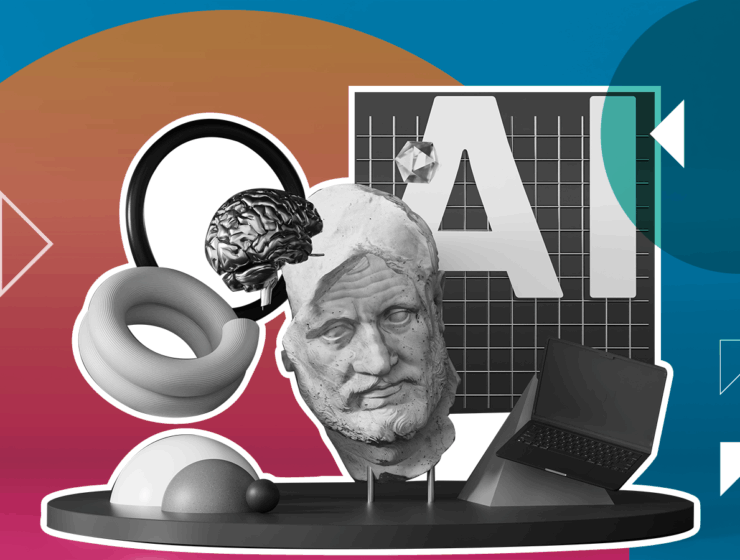During this year’s Cannes Lions, Advertising Week and Kindred joined forces to host Converge, a series of conversations about the future of mindful innovation in communications and creativity.


During this year’s Cannes Lions, Advertising Week and Kindred joined forces to host Converge, a series of conversations about the future of mindful innovation in communications and creativity.

The future of CTV advertising is rich with opportunity. With AI and blockchain at the helm, advertisers can expect more sophisticated targeting, enhanced fraud prevention, and greater contextual relevance.
Artificial Intelligence is no longer the future of marketing—it’s the now. From boosting productivity and precision to enabling smarter, more human-centered experiences, AI is revolutionizing how brands operate.

From privacy and data ethics to job disruption and creative dilution, AI in marketing is not without its complications. Here’s a closer look at the challenges marketers, businesses, and society at large must grapple with as this technology evolves.

Ultimately, AI has brought about a revolution in how advertising is created and delivered. It is both enabling faster ideation and creation, inspiring new directions, and even making it possible for advertisers to leverage new channels that reach audiences who had previously become unreachable.

In the always-evolving domain of digital media, where the potential for mismatches between ad content and the environment that surrounds it has exploded, ensuring ad compliance and brand safety have never been more vital.

In a world where AI can churn out content in seconds and mimic nearly any tone, one thing remains irreplaceable: lived human experience. Emotion isn’t coded — it’s felt.
We sat down with Cindy Chow of Alibaba during Viva Tech in Paris, to discuss about the future of commerce and retail, in light of what AI does and can do. Here is our exchange.
The future of marketing leadership will depend on professionals who can assess AI output critically, flag hallucinations, and blend automation with human insight and judgment.

The “Deepfakes, TikTok and Political Ads: Media Influence on the Upcoming Election” session, hosted by Advertising Week in partnership with Cint, dove into the powerful role media plays in shaping voter behavior ahead of critical elections.

The future of advertising lies in embracing technology without losing the human element, finding creativity within constraints, and combining precision and empathy.
There is no time to waste to manage the potential risk of the “RFK factor”. The time to prepare for this C-Suite level risk is now.
While some not so great applications of GenAI have emerged over the last twelve months, we shouldn’t let those detract from fundamentally changing how we aspire to reach audiences in the future.

Now is definitely the time to tap into AI technology to optimize marketing performance. And it makes sense to look beyond the leading platforms to find the AI-powered solutions that most effectively enable growing your business.
Ultimately, the real magic of marketing is found in the relationships we build and the narratives we craft, and there’s nothing more human than that.
Parenting isn’t done in isolation – as a parent, you rely on family, schools, and communities to help raise your children. AI is similar: businesses should rely on partnerships: consultancies, open-source communities, and collaborations to build robust AI systems that deliver lasting competitive advantage and grow with a company’s evolving needs.

Going forward into 2025, advertisers won’t care whether a piece of content appears on YouTube, Netflix, Hulu or Prime, as long as they can access and take advantage of a video’s data.
By Andy Rowe, Chief Marketing Sciences Officer at RAPP In the global marketing landscape, we…